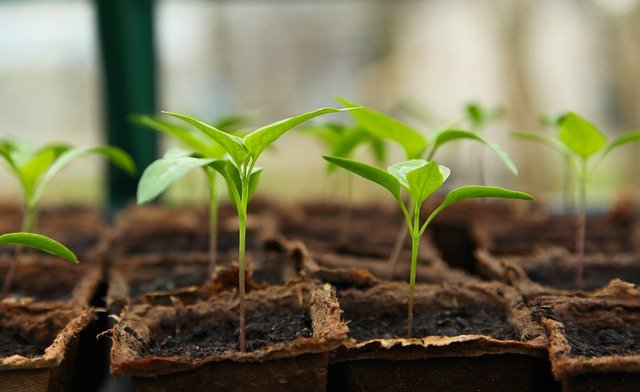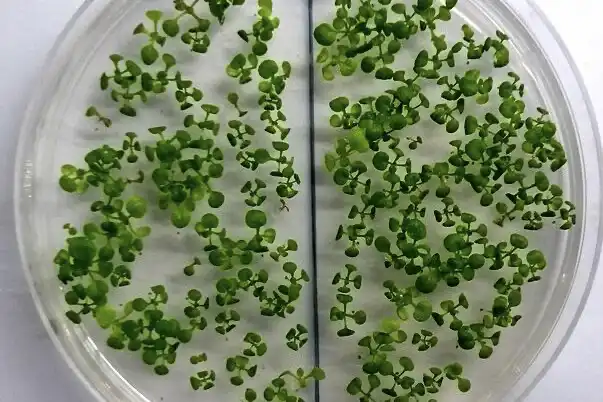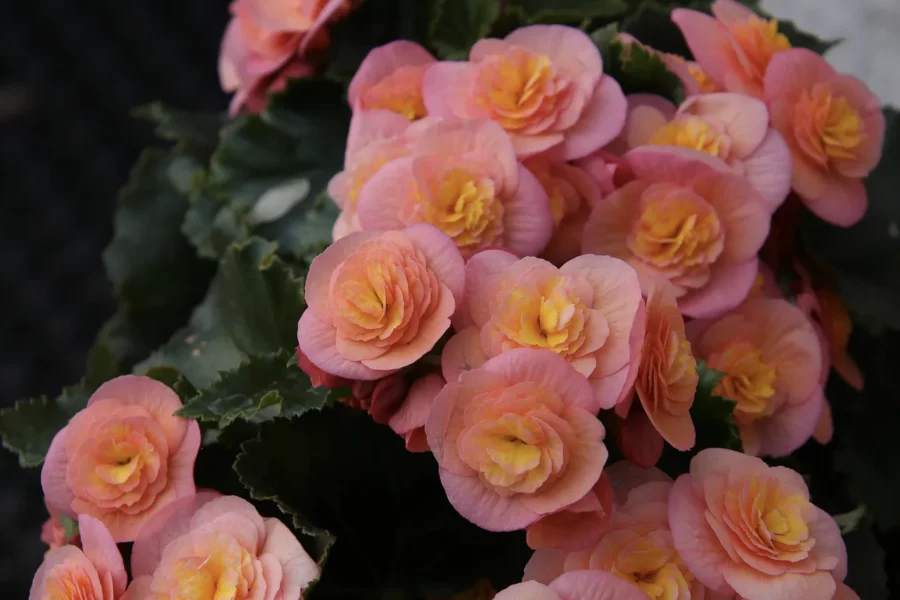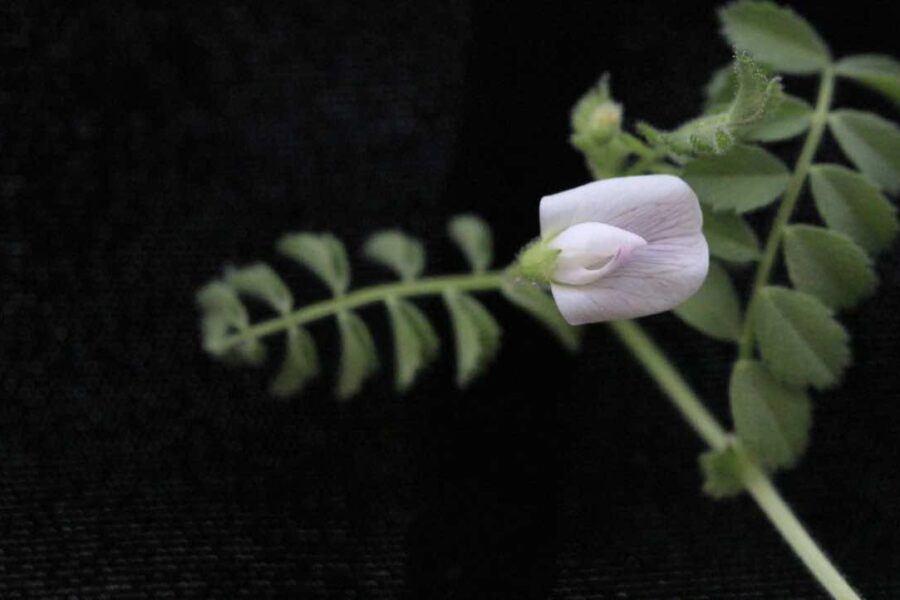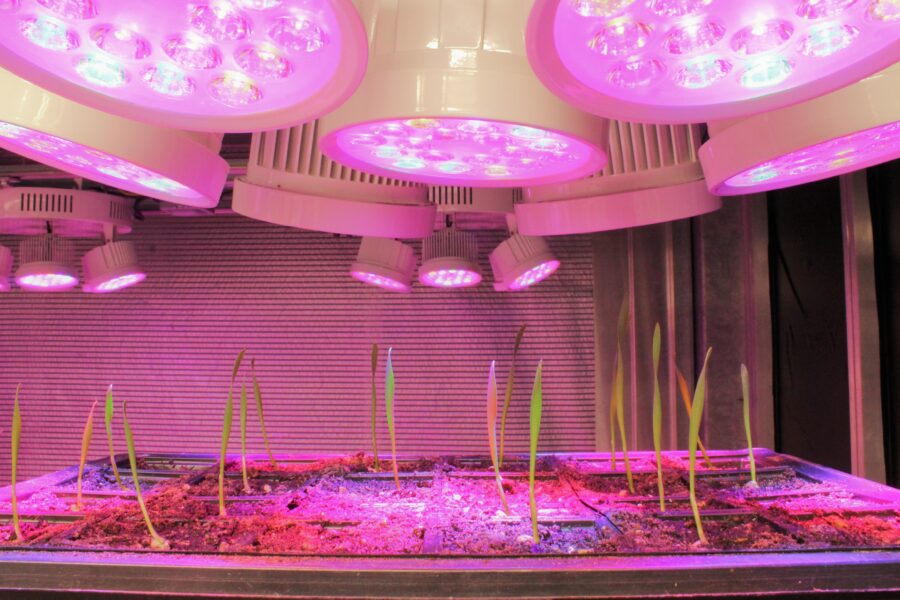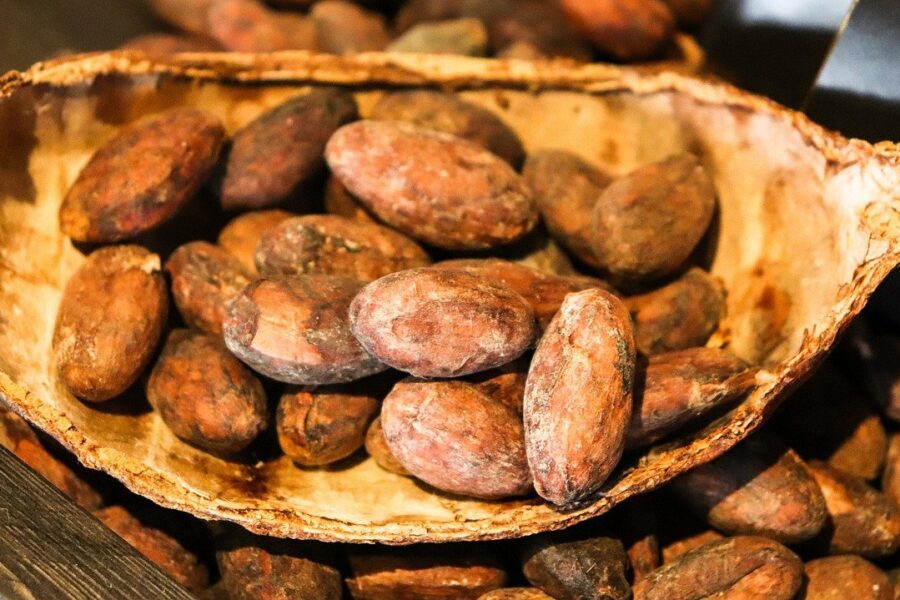The early-career period is one of the most stressful stages for a researcher. To help navigate these crucial years, the Global Plant Council established the ECRi, including resources to help develop ECRs communication and dissemination skills.
Communicating science to the broad public is gaining more and more importance in the everyday life of researchers. In the age of fake-news and misinformation, making science accessible to everyone is becoming a shared responsibility not just of scientific organizations, but also of individual researchers and specialised science communicators.
Check out our communication activities ⬇️⬇️⬇️








